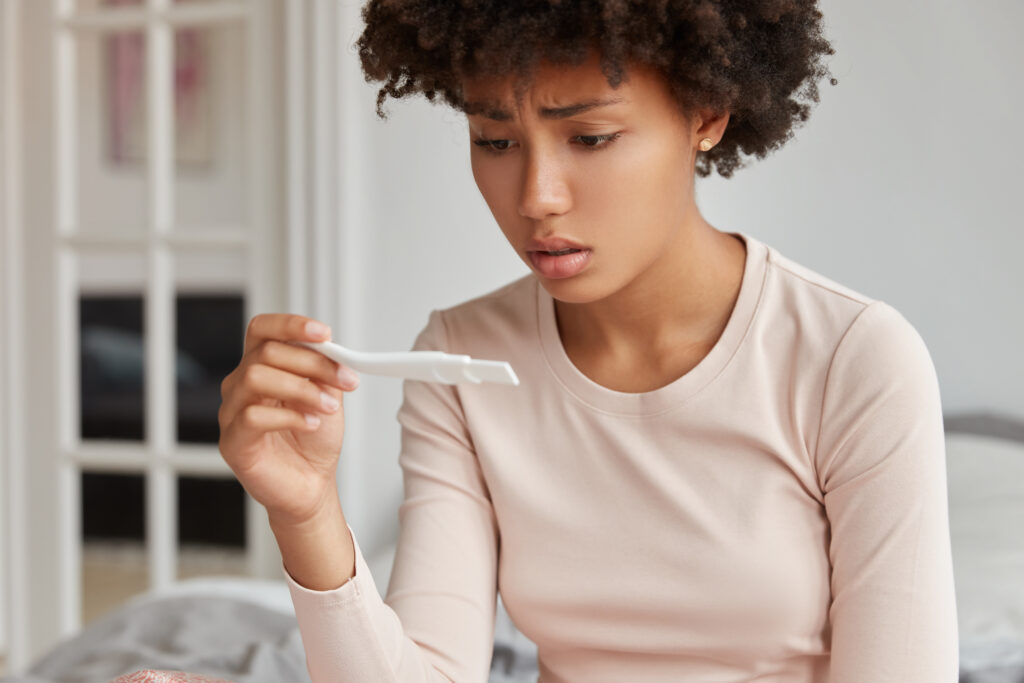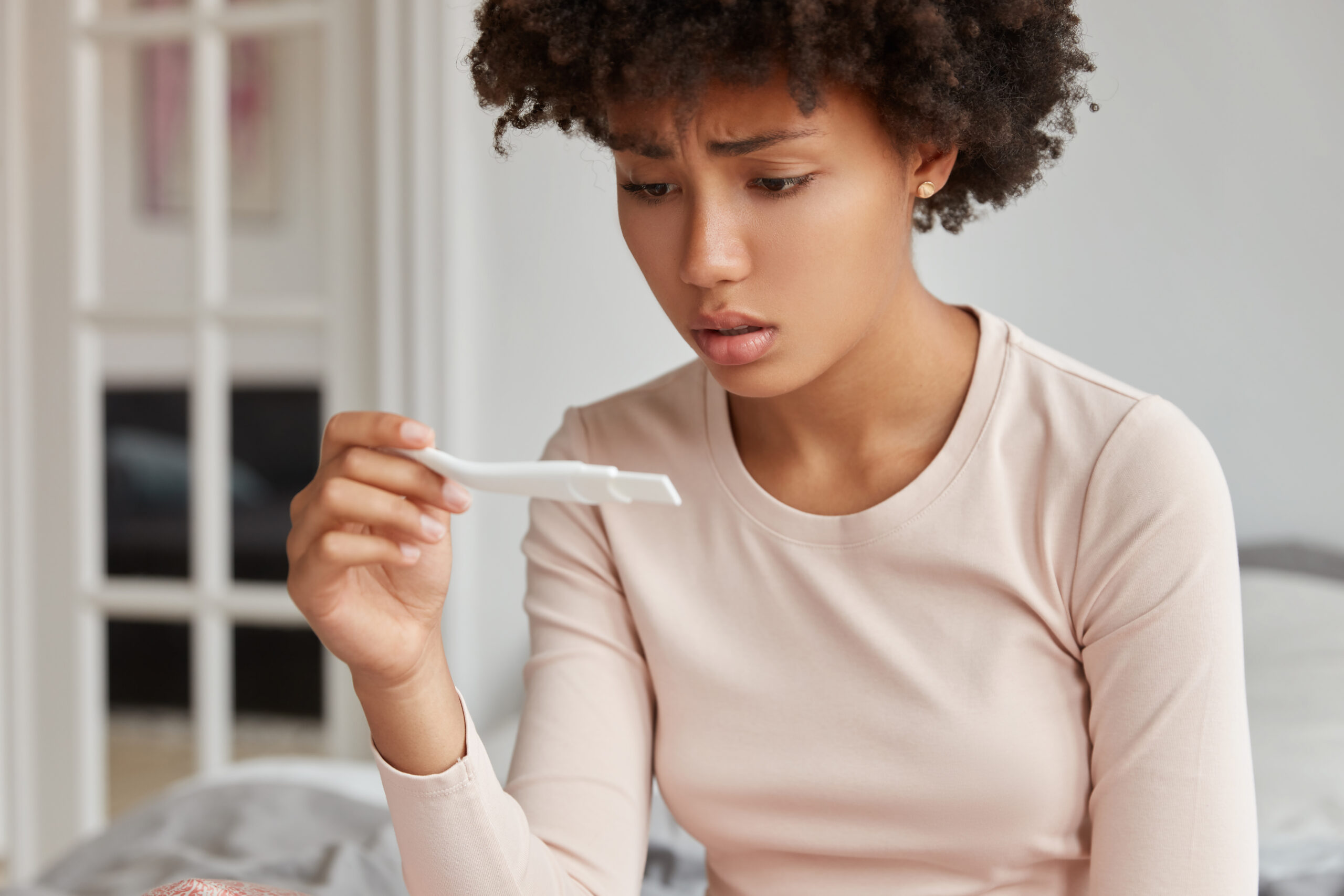Discover the best times to take a pregnancy test for accurate results. Learn about the signs of pregnancy, the types of tests available, and what to consider when testing.
Navigating the uncertainty of a missed period or unusual symptoms can be an emotional rollercoaster for anyone trying to conceive. When faced with the question of pregnancy, many individuals wonder, “When should I take a pregnancy test?” Understanding the timing of taking a pregnancy test is crucial for obtaining accurate results and preparing for the next steps. This article will explore the best times to take a pregnancy test, the signs to look for, the different types of tests available, and what factors can influence test accuracy.

Understanding Pregnancy Tests
Before diving into the timing of taking a pregnancy test, it’s essential to understand how these tests work. Pregnancy tests are designed to detect the hormone human chorionic gonadotropin (hCG), which is produced by the placenta shortly after a fertilized egg attaches to the uterine lining. Testing for hCG can provide insights into whether someone is pregnant.
Types of Pregnancy Tests
Pregnancy tests come in various forms, each with its own advantages and disadvantages:
- Home Pregnancy Tests: These over-the-counter tests are widely available and can be done in the privacy of your home. They are convenient, easy to use, and provide results within minutes. However, accuracy can vary based on the timing of the test and the sensitivity of the test used.
- Blood Tests: Conducted by a healthcare provider, blood tests measure the exact levels of hCG in the bloodstream. They are more sensitive than urine tests and can detect pregnancy earlier. Blood tests can be qualitative (confirming whether hCG is present) or quantitative (measuring the exact hCG level).
When Is the Best Time to Take a Pregnancy Test?
Timing is everything when it comes to taking a pregnancy test. The best time to take a test depends on various factors, including menstrual cycles, the sensitivity of the test, and when conception may have occurred.
After a Missed Period
The most commonly recommended time to take a pregnancy test is after a missed period. Most home pregnancy tests claim to be over 99% accurate when taken on the first day of a missed period. By this time, hCG levels in the urine should be high enough for detection, leading to more reliable results.
Timing Relative to Ovulation
For those who track their ovulation, it is beneficial to consider the timing of conception when deciding when to test. After ovulation, it typically takes about six to 12 days for a fertilized egg to implant itself in the uterus. Following implantation, hCG begins to rise rapidly. Testing too early may result in a false negative, as hCG levels may not be detectable yet.
Early Testing
Some sensitive pregnancy tests can detect hCG levels as early as a few days before a missed period. However, testing this early can lead to ambiguity and false results. If testing early, it is essential to understand that results may vary, and the likelihood of receiving a positive result increases as the expected period approaches.
Timing of Testing Based on Symptoms
In addition to missed periods, several early pregnancy symptoms may prompt someone to take a pregnancy test. These can include:
- Nausea and Vomiting: Often referred to as “morning sickness,” nausea can occur as early as two weeks after conception.
- Breast Changes: Many women report tender or swollen breasts as an early sign of pregnancy, potentially occurring before a missed period.
- Fatigue: Increased fatigue and tiredness can also be an early indicator, leading individuals to suspect pregnancy.
If experiencing these symptoms along with a missed period, it may be worth taking a pregnancy test to confirm suspicions.
Factors Influencing Test Accuracy
Several factors can influence the accuracy of pregnancy tests, making it essential to consider these elements when determining when to test.
Test Sensitivity
Not all pregnancy tests are created equal. Some are more sensitive and can detect lower levels of hCG earlier than others. Reading the packaging and understanding the sensitivity of a particular test can aid in selecting the right one for early detection.
Urine Concentration
For the most accurate results, testing with the first morning urine is recommended. This urine is typically more concentrated and contains higher levels of hCG, increasing the chances of a positive result if pregnant.
Following Instructions
Each pregnancy test comes with specific instructions for use. Following these instructions carefully is essential for obtaining accurate results. Improper usage, such as not timing the test correctly or misinterpreting the results, can lead to confusion and false conclusions.
Internal Resources for Further Reading
For more information on related topics, explore the following internal resources:
- Pregnancy Symptoms: Discover the various signs and symptoms that may indicate pregnancy.
- Postpartum Care: Learn about the importance of postpartum care and support for new mothers.
- Pregnancy Testing: Find more detailed resources and guidance on pregnancy testing methods.
External Resources for Additional Information
Consider checking out these external resources for more information on pregnancy testing and related topics:
- The American Pregnancy Association: Offers comprehensive information on pregnancy, testing, and related health topics. (Visit: American Pregnancy Association)
- Planned Parenthood: Provides a wealth of resources regarding pregnancy tests, reproductive health, and options available for women. (Visit: Planned Parenthood)
- The Mayo Clinic: A trusted source for medical information, including details on pregnancy tests and what to expect. (Visit: Mayo Clinic)
Conclusion
Taking a pregnancy test is a significant step in confirming a pregnancy, and timing plays a crucial role in ensuring accurate results. By understanding when to take a test—whether after a missed period, based on ovulation, or in response to early pregnancy symptoms—individuals can make informed decisions about their reproductive health.
Additionally, recognizing factors that influence test accuracy, such as test sensitivity and urine concentration, can enhance the reliability of results. Remember to follow instructions carefully and consult with a healthcare provider if uncertainty arises.
Ultimately, whether the test results are positive or negative, it’s essential to seek support and gather information for the next steps. Pregnancy, planned or unexpected, is a profound journey that requires understanding, patience, and self-care.
